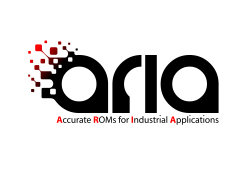 Institut National de Recherche en Informatique et Automatique (INRIA)
Institut National de Recherche en Informatique et Automatique (INRIA)
Memphis team of Inria aims at a step change in numerical modeling for science and engineering. Thanks to these enablers they are able to transfer complexity handling from engineers to computers, providing fast, online numerical models for simulation.
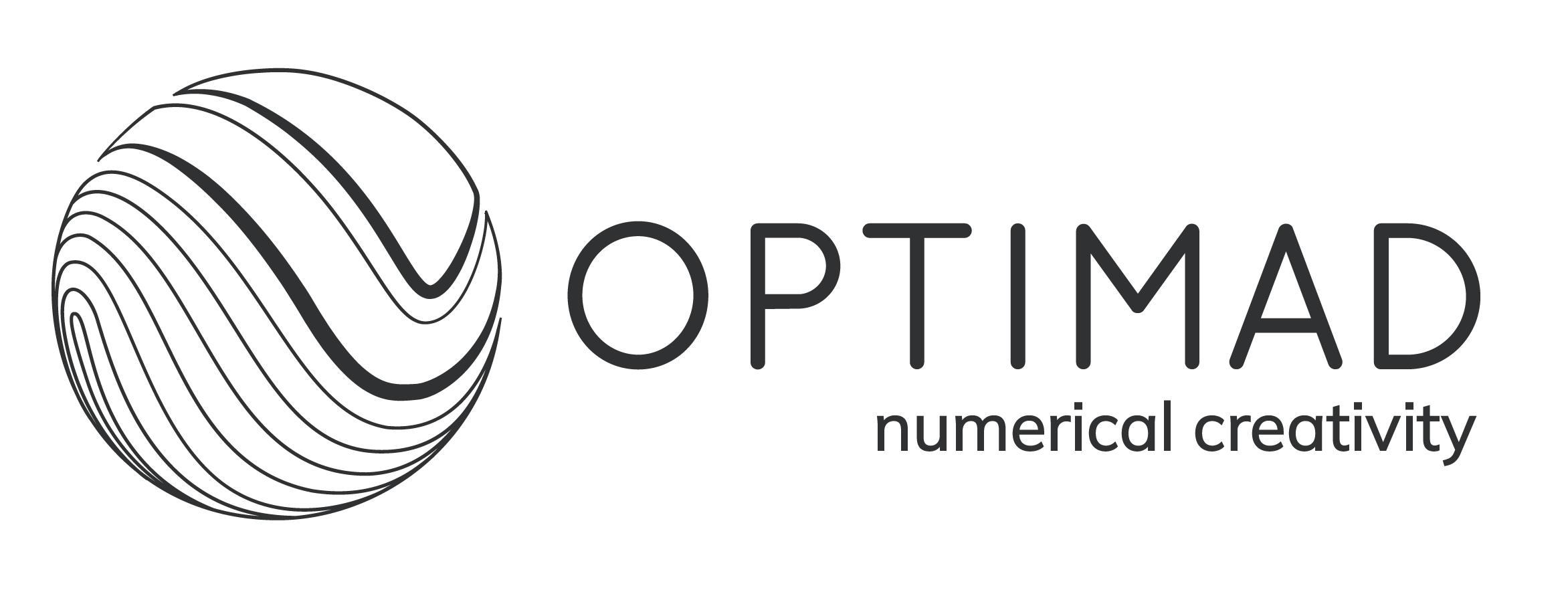 Optimad Engineering S.R.L (Optimad)
Optimad Engineering S.R.L (Optimad)
The R&D team of Optimad has a long-standing experience in the development of ROMs and their application to real-life industrial test cases. As a highly-innovative and dynamic SME, Optimad acts as a technology translator between methodologies developed in academia and industrial needs and applicability.
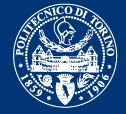 Politecnico Di Torino (POLITO)
Politecnico Di Torino (POLITO)
Poliecnico di Torino has a long-standing expertise is in application of spectral tools such as wavelets to signal processing and partial differential equation, analysis of numerical methods for fluid dynamics, adaptive discretization methods for partial differential equations and Uncertainty Quantification
 Politecnico Di Milano (POLIMI)
Politecnico Di Milano (POLIMI)
The MOX–Politecnico di Milano unit has a consolidated expertise in anisotropic mesh adaptation for Computational Fluid Dynamics problems and adaptive model reduction in the framework of a finite element approximation of Partial Differential Equations.
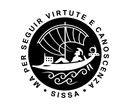 Scuola Internazionale Superiore Di Studi Avanzati Di Trieste (SISSA)
Scuola Internazionale Superiore Di Studi Avanzati Di Trieste (SISSA)
The SISSA mathLab group has gained a large expertise in the development of Reduced Order Model techniques with a focus in Computational Fluid Dynamics. The main aim is to improve the capabilities of the reduced order methodologies to deal with complex cases of practical industrial interest in a computationally efficient way.
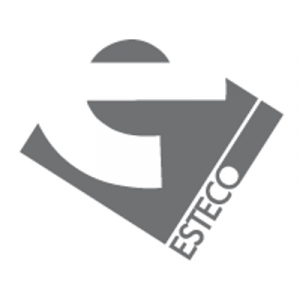 Esteco Spa (ESTECO)
Esteco Spa (ESTECO)
ESTECO is an independent software provider, highly specialized in numerical optimization and simulation data management with a sound scientific foundation. ESTECO itself was born from a European project, so the participation in research projects provides a constant source of knowledge for our internal research and development teams
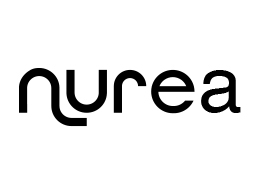 NUREA (NUREA)
NUREA (NUREA)
Nurea designs software simplifying surgeon decision process and patient follow-up. By automatizing medical images treatment and using powerful algorithms developed during more than 10 years of research, Nurea is able to provide new relevant information to the surgeons
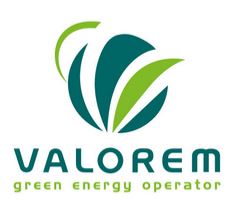 VALOREM SAS (Valorem)
VALOREM SAS (Valorem)
Valorem is a vertically-integrated green energy operator, offering a range of renewable energy solutions while guiding and supporting local authorities and its partners at every stage of a project: surveys, development, financing, construction, operational oversight and maintenance
 Volkswagen AG (VW AG)
Volkswagen AG (VW AG)
The Volkswagen brand is one of the world’s most successful volume carmakers. The Group’s core brand maintains facilities in 14 countries, where it produces vehicles for customers in more than 150 nations. The CAE Methods group members of VW who are participating in ARIA oversee the implementation of CFD optimization methods in the series development of the whole Volkswagen Group.
 Virtual Mechanics SL ( VM)
Virtual Mechanics SL ( VM)
The activity of Virtualmech has always been related to the acquisition of research knowledge from the Applied Mathematics field. New and more advanced techniques allow us to seek for better projects and therefore improve the quality of our work and the services provided by the company.
 Universidad de Sevilla (USE)
Universidad de Sevilla (USE)
The group M2S2M at USE has performed research in Applied Mathematics since 1982 especially focused on Computational Fluid Dynamics, dealing with numerical modeling of environmental flows (mainly oceanic and aero thermal flows), turbulence modeling, numerical analysis of state-of-the-art numerical methods, scientific computing and reduced order techniques.
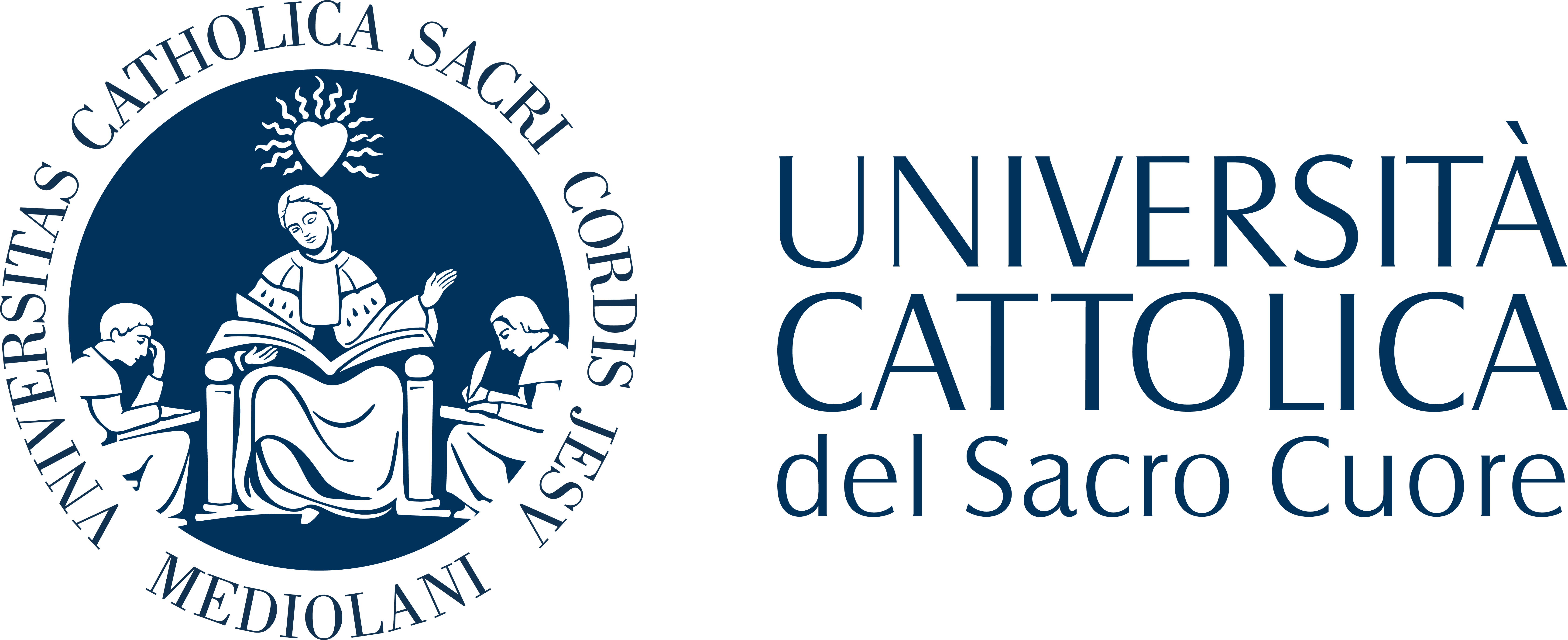 Catholic University of the Sacred Heart (UCSC)
Catholic University of the Sacred Heart (UCSC)
The Department of Mathematics and Physics at UCSC has experience on reduced order modelling in computational fluid dynamics, and in the development of open-source software for scientific computing and reduced order modelling.
Le Conservatoire national des arts et métiers (CNAM)
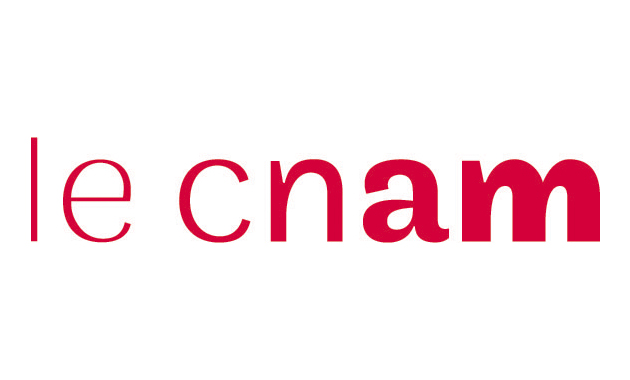 M2N of CNAM will contribute to the partnership with its experience in developing and applying Model Reduction, Machine/Deep Learning and Uncertainty Quantification methods to industrial and environmental problems, for example in Fluid-Structure Interaction or aerodynamics issues with applications to ground vehicles or aeronautics from simple to more complex geometries. Also, some locally developed computer programs can help to contribute to the increase of understanding on ROMs or enrich data base collaboration objectives.
M2N of CNAM will contribute to the partnership with its experience in developing and applying Model Reduction, Machine/Deep Learning and Uncertainty Quantification methods to industrial and environmental problems, for example in Fluid-Structure Interaction or aerodynamics issues with applications to ground vehicles or aeronautics from simple to more complex geometries. Also, some locally developed computer programs can help to contribute to the increase of understanding on ROMs or enrich data base collaboration objectives.
University of Trieste (UNITS)
 UNITS will contribute to the partnership with its experience in developing and applying numerical methods to model practical industrial and environmental problems, especially in case of turbulent flow. The group has experience in the wind turbine field, to analyze interaction between wind turbines in terms of their wakes, fluid structure interaction, and aeroacoustic problem. This background will be helpful to generate reduced order models for the project test cases.
UNITS will contribute to the partnership with its experience in developing and applying numerical methods to model practical industrial and environmental problems, especially in case of turbulent flow. The group has experience in the wind turbine field, to analyze interaction between wind turbines in terms of their wakes, fluid structure interaction, and aeroacoustic problem. This background will be helpful to generate reduced order models for the project test cases.



